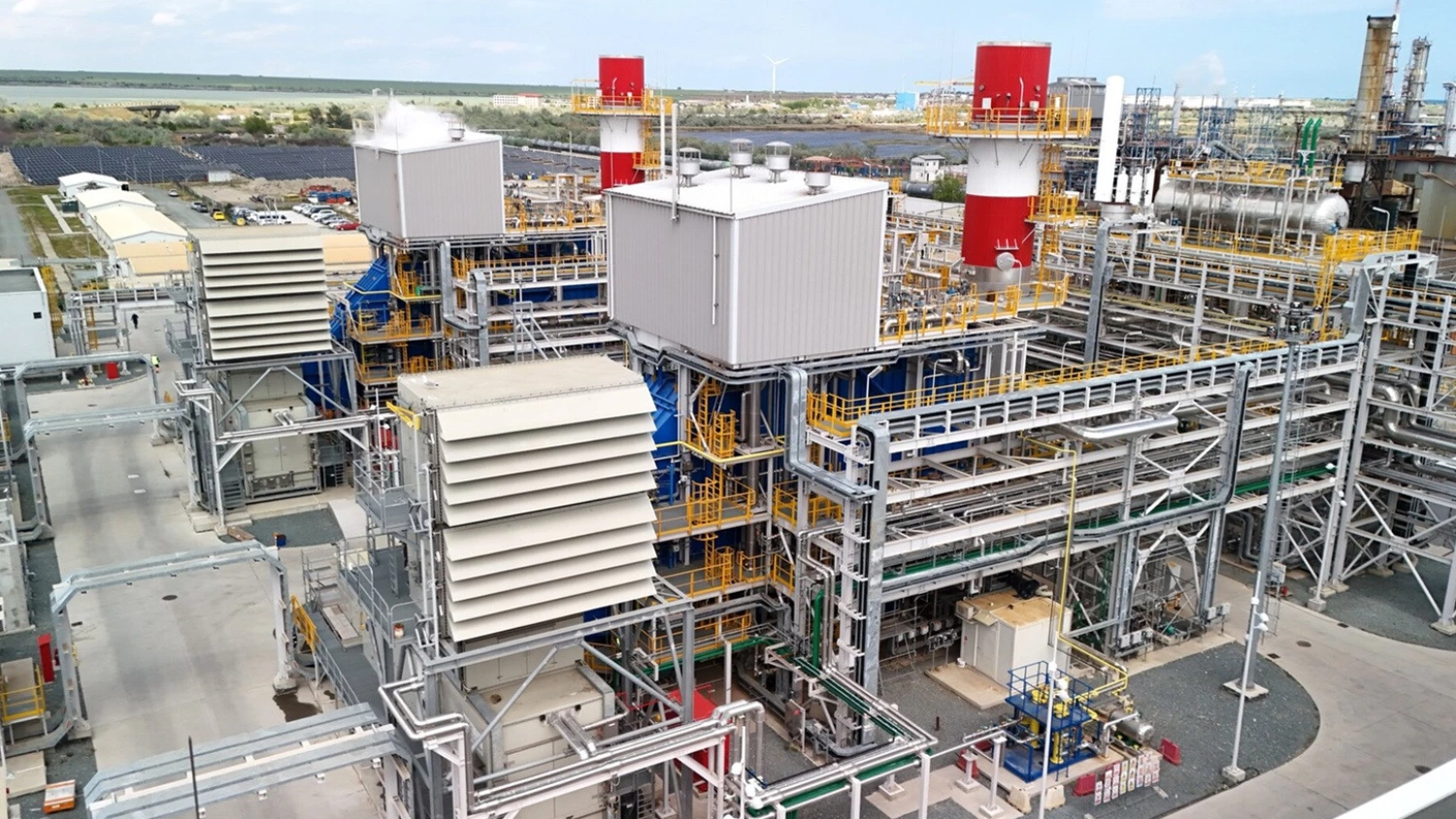According to ABSL data, all companies reported wage increases this year. The estimated growth percentage for next year is approximately 6.7%. The median gross monthly salary of a software developer is approximately RON 18,700. A payroll specialist earns an average of RON 9,900 gross, while a procurement specialist receives RON 9,300 gross per month. Over the past 5 years, industry wages have increased between 48%-71%. The highest median gross salaries, of approximately RON 13,000 per month, are recorded in the Capital, followed by Transylvania/Banat with almost 11,000 gross lei/month, approximately RON 10,000 gross/month in Muntenia and RON 8,300 gross in Moldova.
Company benefits continue to be important to industry employees, but the 2024 tax measures have changed employee preferences. Thus, the best benefits are additional vacation days, flexible hours, medical insurance and flexible benefits platforms.
From the point of view of the total labor cost, Romania is more attractive compared to Poland, the Czech Republic or Slovakia. Bulgaria and Hungary remain more competitive in terms of low cost.
"Rising labor costs are eroding the competitive cost advantage that used to be one of the reasons why industrial investors chose Romania. Soon even foreign languages will no longer represent a competitive advantage. Professional development of employees to implement and use Artificial Intelligence and automated processes could now make a difference. In general, increasing professional skills to create services with greater added value will contribute to keeping Romania at the top of investors' preferences," says Ciprian Dan, President of ABSL.
The economic, as well as the geo-political context reduced individual mobility in the industry. As consequence, the labor market relationships, extremely difficult for employers over the past few years, returned to normal. According to ABSL reports, last year's average employee turnover rate was 16%, with employees having an average age of 33 and spending around three years at the job.
"Recruitment, however, remains a challenge for the outsourcing industry. According to our statistics, this year HR departments analyzed 30% more CVs compared to the previous year to hire the same number of graduates.
According to ABSL studies, 77% of surveyed companies confirmed an increase in turnover in 2023 compared to 2022, but only 58% of them anticipate an increase in the future.
"Poland, Hungary and Slovakia offer investors numerous advantages for creating new jobs. Romania had a relatively competitive program of grants and tax incentives that contributed to the steady growth of the business services industry in the past, but this was discontinued due to budgetary constraints. The lack of fiscal measures to support the development of the industry can have a negative impact on the growth of the sector, the creation of new jobs and the retention of specialists in the country," says Cătălin Iorgulescu, ABSL Vice President.
The Romanian business services industry ranks 5th in terms of contribution to GDP, counting over 200,000 employees. The top cities in terms of this sector's development are Bucharest, Cluj and Iasi, followed by Timișoara, Sibiu and Brașov. The main services provided, ranked by the number of employees, are customer operations, IT and finance accounting.











